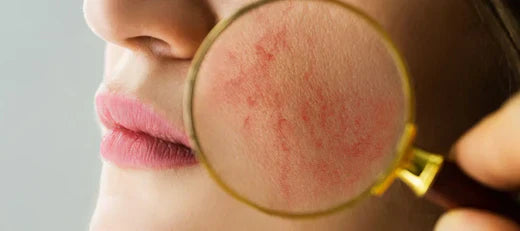
Allergic reaction on face: Symptoms, causes, treatment
Allergic reactions are a very common phenomenon, especially on the face. Whenever the skin comes in contact with something irritating, it forms rashes or hives. It is a way for the skin cells to communicate that they are in contact with some allergen. There are various ways to prevent allergic reactions from occurring. In this article, we will look at the different symptoms, causes, and treatments for allergic reactions on the face.
What is an allergic reaction on the face?
Sometimes, when your skin comes in contact with an external but harmless object like food or pollen, the body mistakes it for some pollutant that needs to be eliminated. Hence, to fight the allergen, the body produces extra histamine, which results in the formation of allergic reactions on the face. The symptoms of the allergic reaction depend on the characteristics of the allergen.
Allergic reaction to face symptoms
One of the common habits is to generalise symptoms and, also, care for the disease. In this regard, face allergies are no exception. However, the different symptoms indicate different allergic disorders. It is thus important to learn the symptoms for the right detection. Some of the allergic reaction symptoms are,
- Puffy areas of skin
- Rashes or hives
- Tiny discoloured spots
- Swollen lips, eyes, tongue
- Stinging, itching, or burning sensation
- Red, itchy, watering eyes
- Dry, cracked skin
Causes of allergic reactions and face rashes
Allergic reactions on the face are the most common and frequently occurring skin disorders. Due to the changing environmental conditions and heightened percentage of pollution, the frequency of these allergies has sharply risen. Listed below are some of the causes behind the allergic reaction on the face.
-
Insects
The protein in animal skin, saliva, and hair can cause allergic reactions when it comes in contact with someone’s skin. They can be active even when the animal is no longer around you. The pollen and dust in an animal's fur can also contribute to skin allergies.
-
Seasonal allergies
Some moulds and pollens get more activated at certain times of the year, which can cause seasonal allergies. The main sources are grass and tree pollen, weed, and Ragweed. You can opt for clinically proven topical solutions as a preventive measure during these times of the year.
-
Food
Eatables are the most obvious source of face allergies. The popular food items that can trigger an allergic reaction are eggs, milk products, fish, nuts like tree nuts or peanuts, grains, wheat, soy, etc.
-
Medication
The common medicines with such side effects are antibiotics, aspirin, and cancer medicines.
-
Contact Dermatitis
Irritants or allergens can cause this particular skin rash. Irritant CD means that your skin is constantly in touch with an external component, whereas allergen CD means it causes an allergic reaction.
How to care for inflamed skin
Inflammations majorly cause various treatments for skin allergies. The allergic reaction treatment depends on three major factors - the type of allergy, the location, and severity. Some of the common cares for inflamed skin are,
-
Antihistamine
This is a major component in most medicated skincare products for facial allergic reactions. Since the skin, as self-defence, produces histamine to deal with the allergen, creams and lotions integrated with antihistamines help reduce the swelling, itchiness, and redness of the rashes and hives.
-
Moisturisers
Moisturisers are the best solution for effectively dealing with dryness and itchiness, as well as several skin allergies. These moisturisers form a shield against external pollutants from penetrating the skin. Try to use more targeted and holistic products like Acne Care & Healing Gel Moisturiser with Tea Tree & Cica, which will provide you with multiple benefits after each application.
-
Immunotherapy
This is a self-defence treatment. Many doctors may suggest immunotherapy treatment as a long-term goal plan. Here, your face skin will be gradually subjected to an increasing dose of the allergen for 3 years approximately for the body to get habituated. This will help in lowering the severity of the disorder.
-
Corticosteroids
Corticosterone is present in corticosteroids which aids in curing inflammation. Hence, using topical variants integrated with this component can help in effectively dealing with several skin allergies
-
Face cleansing
If you frequently suffer from an allergy rash on your face, the remnants of makeup or dirt might be the underlying cause. Hence, your night skincare routine must begin with double cleaning your face with a mild cleanser and then with a hydrating face wash.
Also read: What is a Face Cleanser? Complete Guide to Types, Uses and Benefits of Cleanser
How to avoid allergic rashes on the face
There are various ways to avoid face allergies. You can either consume antihistamine pills as a precautionary measure or opt for various other ways. Let us look at some preventive measures.
- The serums, gels, or moisturisers must be non-comedogenic and mild to avoid skin allergies like acne and other breakouts. If unsure about the product's contents, choose doctor-prescribed or derma-tested skincare items as a safer way, like the Clearing & Calming Acne Face Wash.
- You must be very careful about the food you are eating. The components should not have a history of reacting with your skin.
- Physical contact with pets is another very important face rash cause. Hence, it is better to lessen the frequency of contact with them. However, if you have a pet, regularly cleaning their living space is paramount.
- Avoid grassy or woodland areas if you easily succumb to hay fever.
- Dust mites are potential contributors to allergic rashes. Hence, allergy-proof duvets and pillows are your best choice.
- Reducing mould spores is another way to keep various allergic reactions at bay. Hence, maintaining clean rooms and wardrobes, and keeping them dry, and properly ventilated becomes necessary.
Conclusion
The allergy rash on the face is not always a life-threatening skin disorder but can cause a burning sensation, itchiness, and other discomforts. Hence, taking care of your skin and abiding by the preventive measures are highly recommended. However, remember to check through your skincare components. Additionally, opting for the best and most authentic products from reputed companies is highly advised.
FAQs:
-
How long do allergic reactions on the face last?
Apart from the chronic reactions, they can last from a few hours to a few weeks.
-
Can you stop allergies?
Yes, proper preventive measures like antihistamines and steroids can resist allergies.
-
What is the main factor that causes face allergies?
The excessive production of histamine causes allergic reactions.























































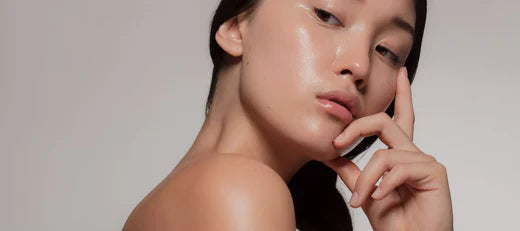
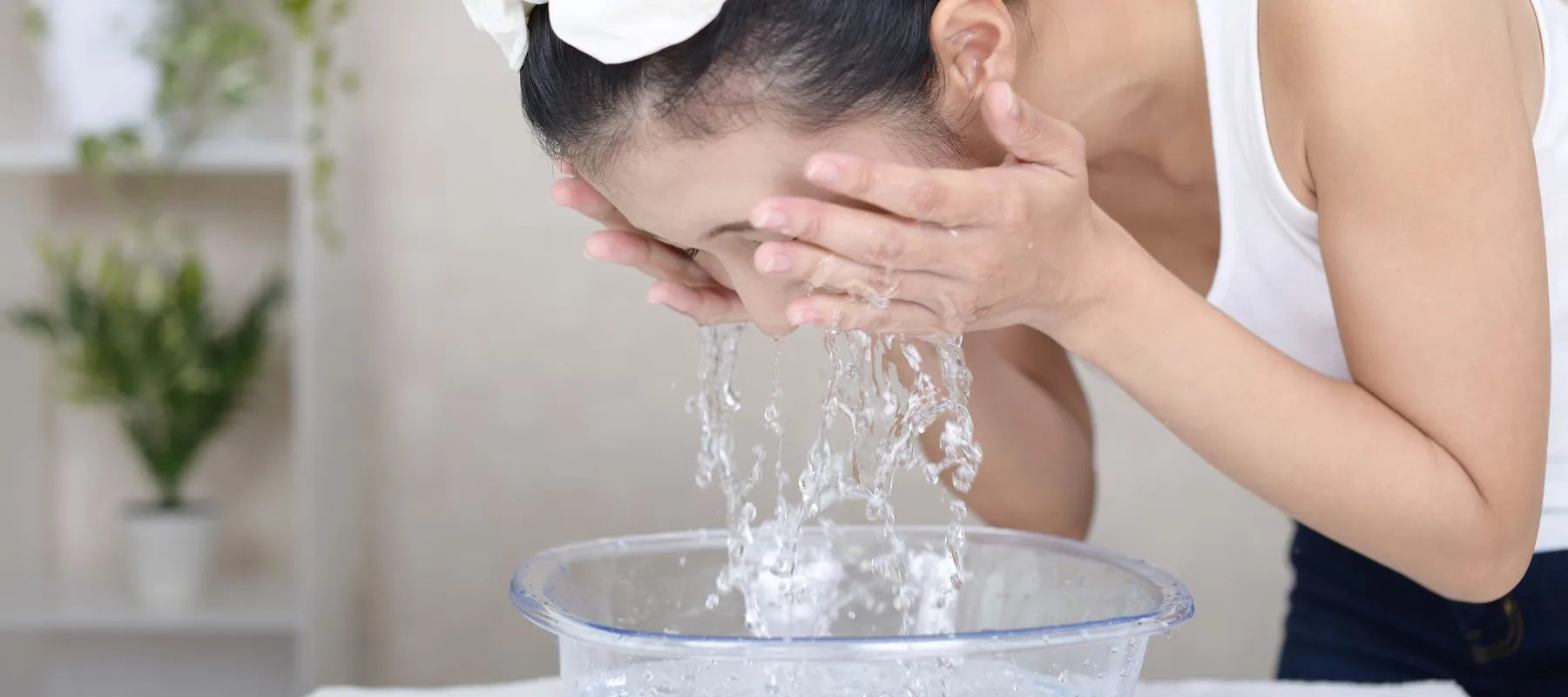
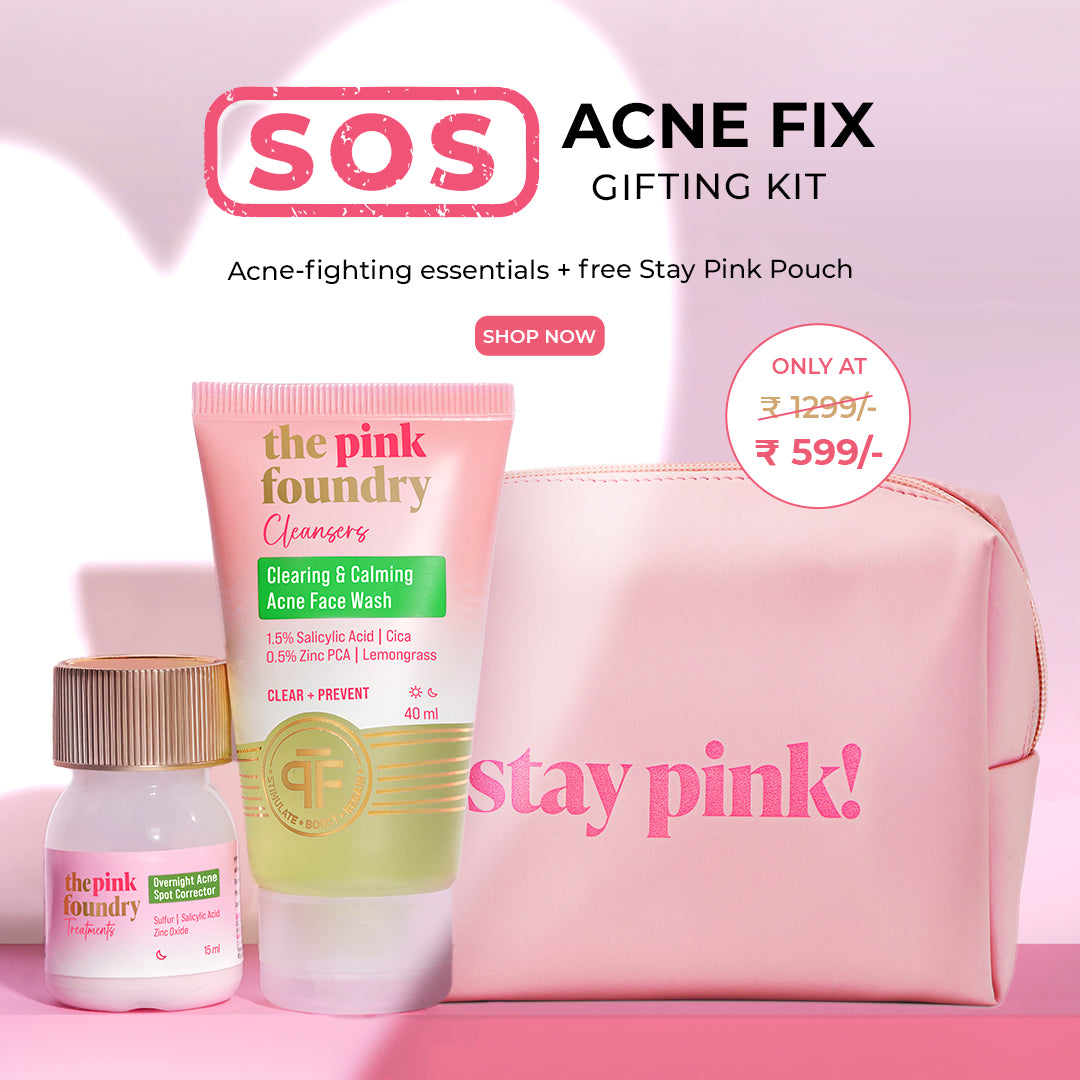
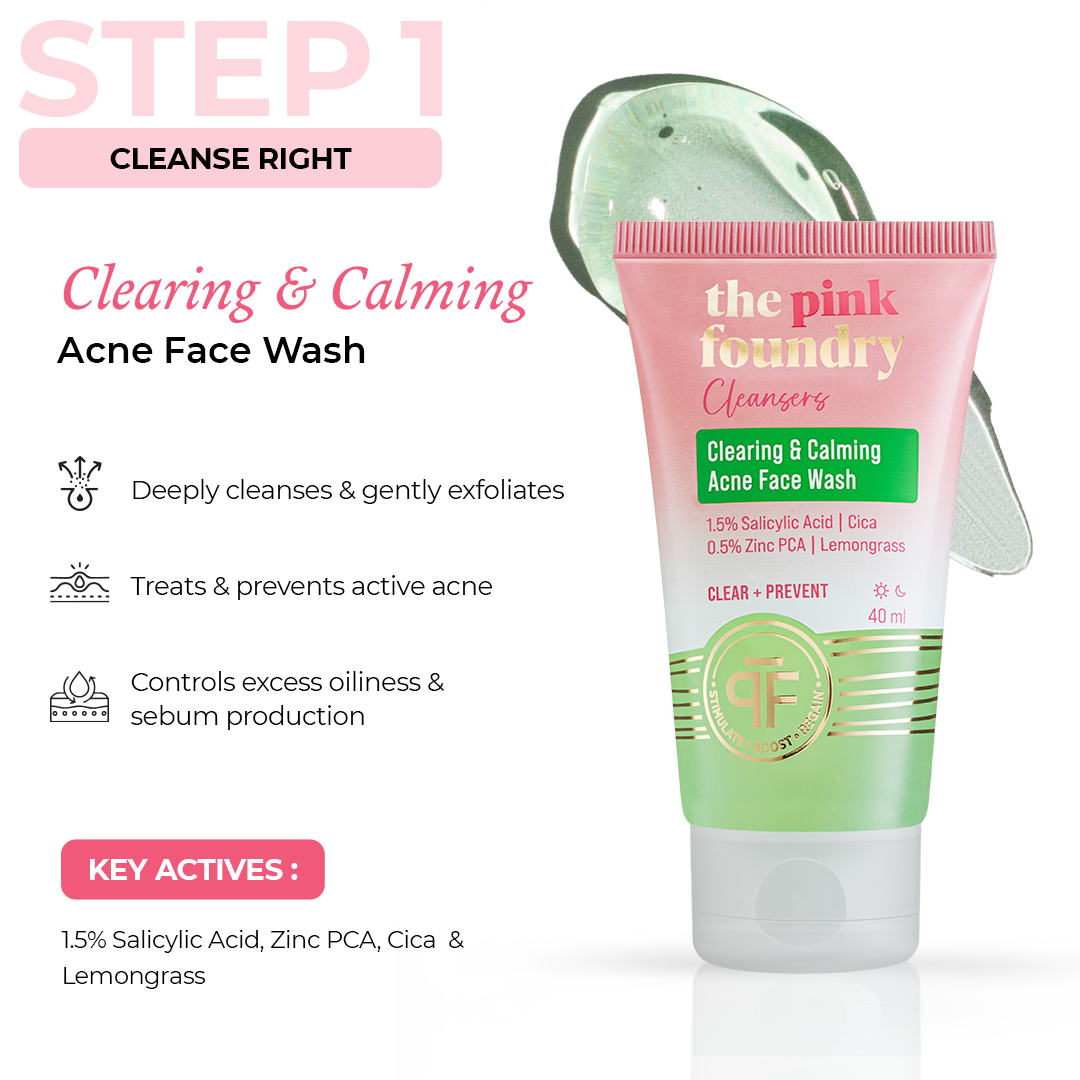




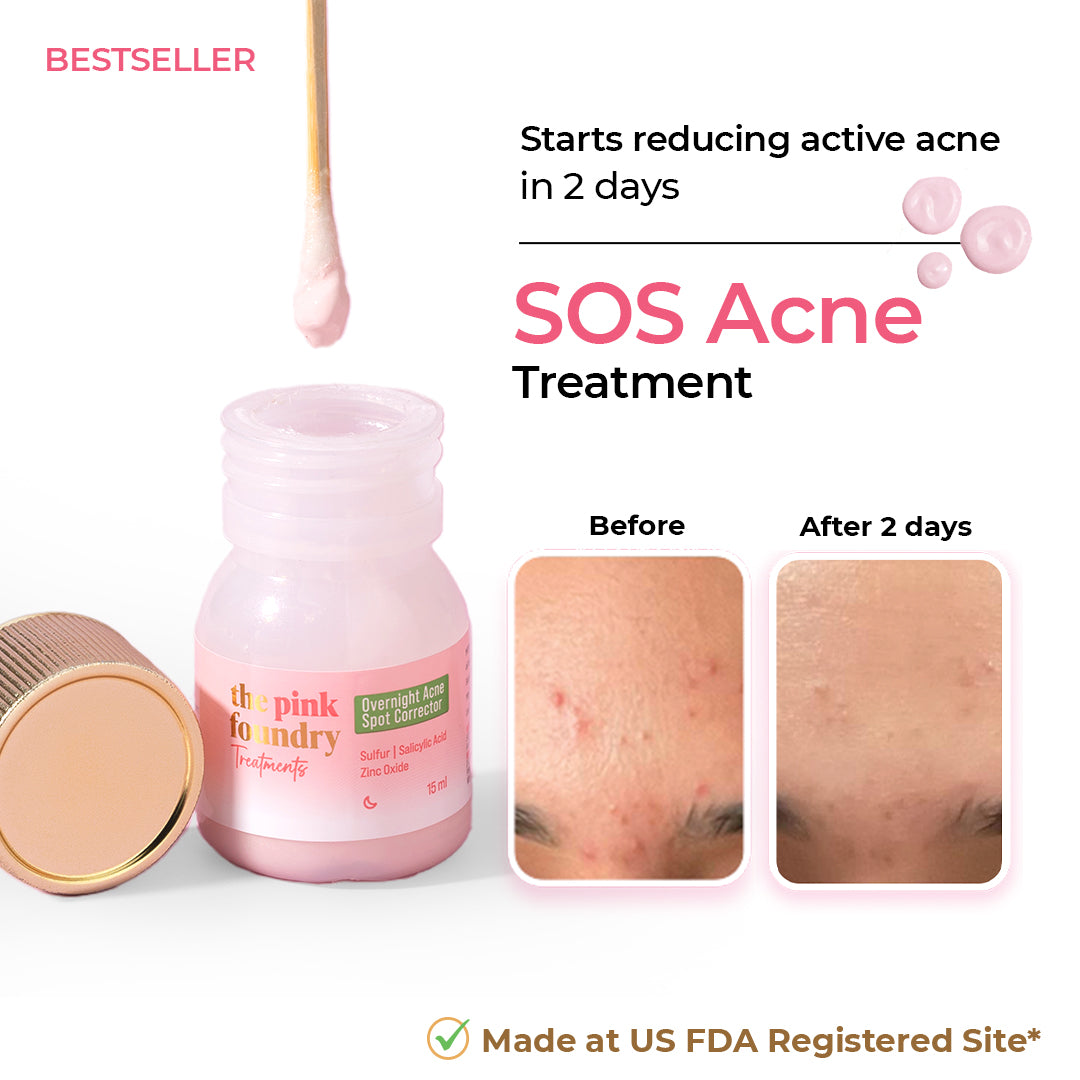
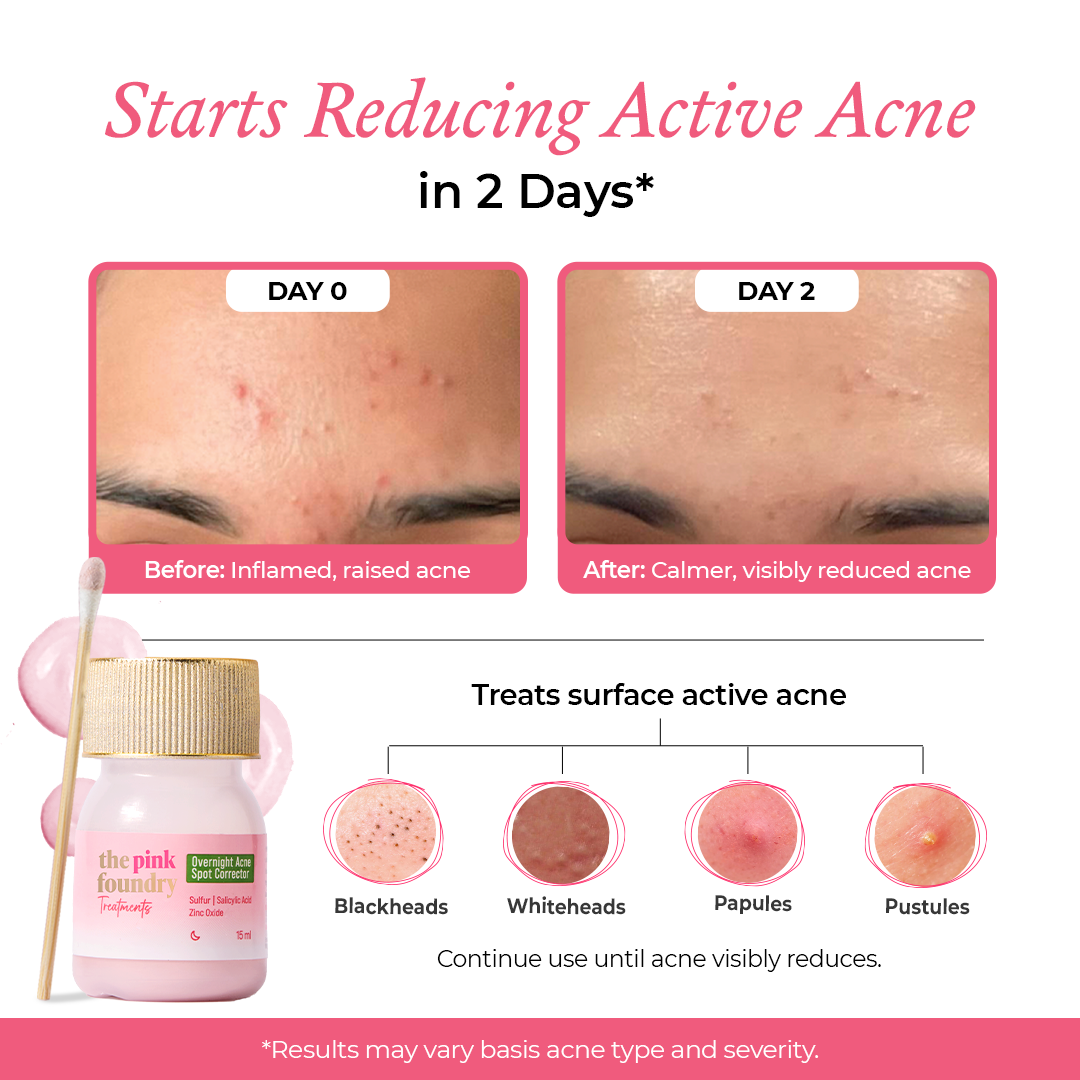








Leave a comment
This site is protected by hCaptcha and the hCaptcha Privacy Policy and Terms of Service apply.